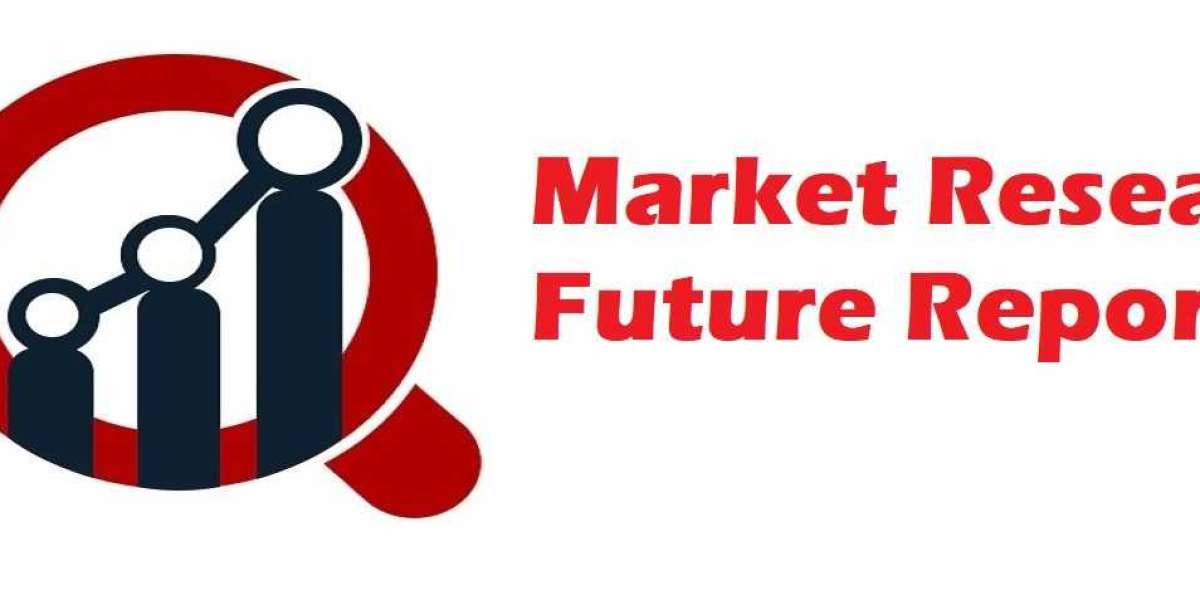DNA Sequencing Market
DNA sequencing contains information about genetically determined illness and IQ level of human beings. Increasing adoption of precision medicines and increasing use of other applications such as biotechnology, forensic biology, virology, and molecular biology are factors which are driving the growth of this market. The rise in investment in research and development enhances the demand for DNA sequencing and hence helps to increase market growth. The enzymic method for DNA sequencing has been used for genomic research and as accurate results were obtained by this method the demand for DNA sequencing has increased. This demand has driven the development of the second-generation sequencing method.
The DNA Sequencing Market Size is projected to grow from USD 2.5 Billion in 2023 to USD 4.8 billion by 2030, at CAGR 11.20% during the forecast period (2023 - 2030).
However, the lack of reimbursement policies in various countries across the world may limit the growth of DNA Sequencing Market during the forecast period.
DNA Sequencing Market Insights and Analysis By Type (Workflow Products and Others), Product (Sequencing Services and Others), Technology (Semiconductor Sequencing and Others), Application (Diagnostics and Others), End- Forecast Till 2030
Major Key Players:
Some of the Key Market Players are Perkin Elmer, Roche Holdings AG, Siemens AG, Illumina, Agilent Technologies Inc., Genia Corporation, Oxford Nanopore technologies, Koninklijke Philips N.V., Pacific Biosciences, Johnson Johnson, Deep Genomics, Inc., Life Technologies, Illumina, Eppendorf, Tecan, and Thermo Scientific, Hamilton Thorne Biosciences, General Electric Company, Siemens Healthineers GmbH, Myriad Genetics, Bayer Corporation, Beckman Coulter, and others.
Segment Analysis
The global DNA sequencing market has been segmented on the basis of type, product, technology, application, and end-users. On the basis of type, the market is segmented into instruments and consumables services and workflow products. Based on product the market is segmented into sequencing services and sequencing instruments and consumables. Sequencing instruments and consumables are further sub-segmented into two types such as sequencing instruments and consumables by product type and by platform type. Sequencing instruments and consumables by product type are further sub-segmented into consumables, instruments, whereas sequencing instruments and consumables by platform type are further sub-segmented into NGS, sanger, bioinformatics, sample prep kits, and reagents. On the basis of technology, the market is further segmented into dna modifying enzymes, semiconductor sequencing, pyrosequencing, sequencing by synthesis, single-molecule real-time sequencing (SMRT), sequencing by ligation (SBL), and other technologies. On the basis of application, the market is further segmented into diagnostics, agriculture and animal research, biomarker discovery, personalized medicine, drug discovery, and other applications. Based on end-user, the market is segmented into research centers and government institutes and academia, biotechnology and pharmaceutical companies, clinics and hospitals, and other end-users.
The market has been segmented, by region, into the Americas, Europe, Asia-Pacific, and the Middle East and Africa.
Regional Analysis
The market in the Americas is expected to boost the global DNA sequencing market owing to technological advancements and increasing incidences of genetic disorders among patients. Increasing investments by government organizations in the research and development of DNA sequencing are also boosting the market growth in this region. The European market is expected to be the second-largest due to government funding and support from the healthcare sector coupled with the rising prevalence of the genetic disorder. However, Asia-Pacific is projected to dominate in terms of growth rate over the forecast period owing to the rising investment towards RD activities and unhealthy lifestyle which are resulting in an increased prevalence of cancer and other disorders. Rising geriatric population and increasing prevalence of tumor among patients in this region have a positive influence on the development of DNA sequencing market in this region. The Middle East and Africa accounts for the smallest share due to lack of medical technology and poor medical facilities. Emerging economies such as India and China are leading to growth in the demand for DNA sequencing owing to an increasing number of healthcare awareness programs, government investments in healthcare, and favorable healthcare insurance coverage.
About Market Research Future
At Market Research Future (MRFR), we enable our customers to unravel the complexity of various industries through our Cooked Research Report (CRR), Half-Cooked Research Reports (HCRR), Raw Research Reports (3R), Continuous-Feed Research (CFR), and Market Research Consulting Services.
MRFR team have supreme objective to provide the optimum quality market research and intelligence services to our clients. Our market research studies by products, services, technologies, applications, end users, and market players for global, regional, and country level market segments, enable our clients to see more, know more, and do more, which help to answer all their most important questions.
In order to stay updated with technology and work process of the industry, MRFR often plans conducts meet with the industry experts and industrial visits for its research analyst members.
Contact us:
Market Research Future (part of Wantstats Research and Media Private Limited),
99 Hudson Street, 5Th Floor,
New York, New York 10013
United States of America
+1 646 845 9312
















